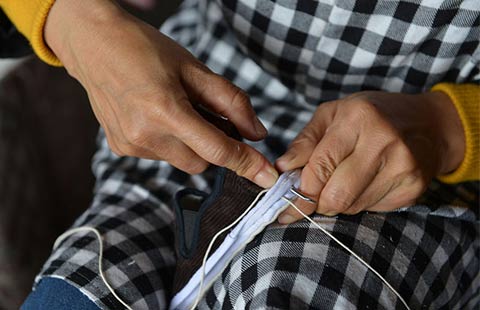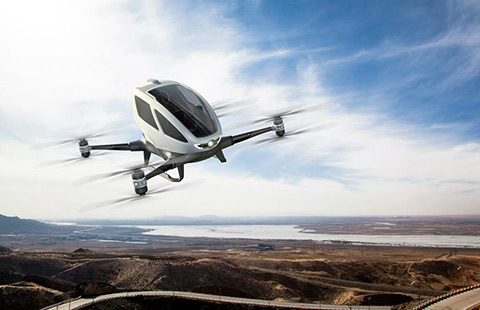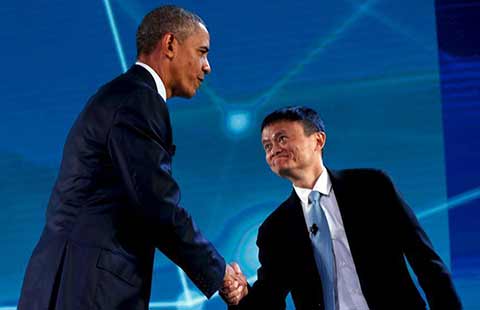'Little tech giants' fill the gap in Tianjin
By PEI PEI and Zhang Min in Tianjin (China Daily) Updated: 2016-06-15 03:27Tianjin Flying Pigeon, a time-honored Chinese bicycle company, is enjoying success thanks to the popularity of the internet — producing smart bikes in cooperation with LeEco, a technology startup.
The bikes, ranging in price from 3,999 to 39,999 yuan ($607 to $6,074), enable riders to track their motion, communicate with others and lock or unlock the cycles via apps.
Since August, when the bikes went into production, Flying Pigeon has secured more than 400,000 orders, according to Zhang Jinying, president of the company, which has been trying hard to shake off its traditional image as a manufacturer of low-end bikes.
This is just one of the success stories in Tianjin's booming technology sector.
Local heavy industries have been in decline since the 2008 global financial crisis. The annual output values of the metallurgical and petrochemical sectors fell by 15 and 25 percent respectively year-on-year last year.
However, Tianjin's economy still grew by 9.8 percent in 2015, which the municipal government attributes to the rise of small and medium-sized technology firms.
He Shushan, vice-mayor of Tianjin, said, "The government has paid special attention to fostering the development of these 'little tech giants' since 2010 to fill the gap left by declining heavy industries in both tax revenues and employment."
- Mercedes-Benz to recall 6,302 vehicles in China
- China's economy firmer, but pressure remains: Analysts
- Shenzhen company releases sunglasses-like VR glasses
- 'Warcraft' tops Chinese box office
- Freight service boosts China's fresh export to Russia
- China's electricity consumption picks up in May
- China's potential oil, natural gas reserves rise: official data
- Young brothers take family business global


















